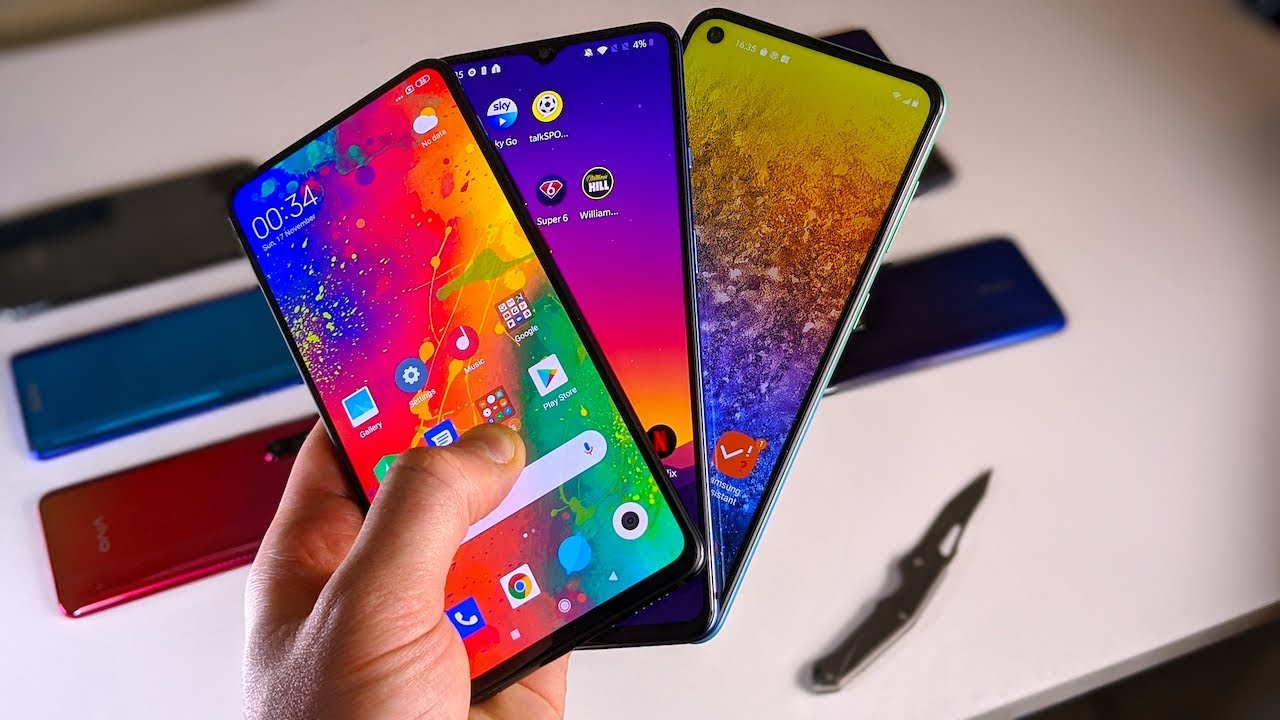What Matters More in Smartphones? RAM Size or Processor?


RAM Size or Processor
Buying a new smartphone is a big decision, but zeroing in on a model can be excruciating. Brands launch new models almost every month, and with every new model comes the “never-before-seen” tag that is used to entice consumers.
While those that are tech-savvy can see through the fib, others that buy into the brands’ marketing gimmicks believe that they won’t be able to get such a deal again. This is a tried-and-tested tactic used by smartphone OEMs, who launch new devices with as much pomp and circumstance as they possibly can while trying to pull a fast one on the average consumer.
Beyond the glitz and glamour, what is really important isn’t the smartphone’s bezel-less display, diamond-cut design, or curved edges. A smartphone can still perform its tasks if it does not come with a 6-inch AMOLED display.
However, what it cannot do without are its processor and compatible Ram Size in smartphones. You can get a phone with 1GB RAM and a low-end processor. However, that phone is as good as a basic mobile phone, as it does not have enough “brains” to be smart. A smartphone’s processor is its heart, while the RAM is its central nervous system.
One cannot function optimally without the other. You can have the best-in-class processor, but without a good Ram Size in smartphones, it still won’t perform up to its potential. The same can be said about higher RAM size and a low-end processor.
So while choosing a new smartphone, what should you prioritize? Let’s take a look at how you can choose the best smartphone while considering the RAM and the processor.
Table of Contents
What is the ideal RAM size?
Given the fact that today we download a host of apps on our smartphones, and rely on most of them on an almost day-to-day basis, we require a smartphone that lets us switch between the apps faster. On average, we use around 25 apps a month, and between 9 – 12 apps a day.
From the apps we use to chat, such as WhatsApp and Telegram, to social media apps like Instagram, Twitter, and Facebook, we rely on multiple apps, and when we use a smartphone, we switch between multiple apps for different reasons.
For the smartphone to be able to retrieve these apps and keep them loaded in the background, we need to have at least a mobile. If we use heavy apps that eat a sizable chunk of our memory, then we require a 6GB – 8GB Ram Size in smartphones. This is why premium models that come with 12GB RAM let you do virtually anything on the smartphone, without the device lagging or running out of memory.
Why is a fast processor important?
While the RAM ensures that you can seamlessly switch between different apps, and facilitates easy multitasking, the smartphone’s performance depends on its processor. Think of it as the device’s brain; for it to process any information, it needs to have more cores and faster clock speeds.
Smartphones today pack processors with eight cores and base clock speeds of around 1.8GHz – 2GHz. This ensures that the phone responds to your commands faster, making the phone more responsive.
You don’t have to buy a premium smartphone model to get faster processors. Even mobiles under 12000 INR come with quad-core or octa-core processors. Xiaomi Redmi Note 9, Samsung Galaxy M11, and Realme Narzo 10 are just some examples of phones costing less than Rs. 12,000, that come with octa-core processors, with either Qualcomm Snapdragon chipset, MediaTek Helio chipset, or Exynos processors.
The trade-off between RAM size and processor speed
For the optimal performance of the smartphone, it needs to strike the right balance between the RAM and the processor. For instance, a smartphone having more RAM size, but a slow, quad-core processor with less base clock speed won’t do you any good, as the phone will be slow to respond. Similarly, you can have an extremely fast processor, but without a decent RAM size, you won’t be able to quickly open apps, or keep the apps loaded in the background.
It is thus important to purchase a smartphone with at least 4GB RAM and an octa-core processor with a base clock speed of about 1.8GHz, if you open multiple apps, or prefer multitasking.
Obviously, if you purchase a model with 6GB RAM and a faster processor, its performance will only get better. It is important to find the right balance between RAM and the processor as they work in tandem, which ensures the optimal performance of the device.







